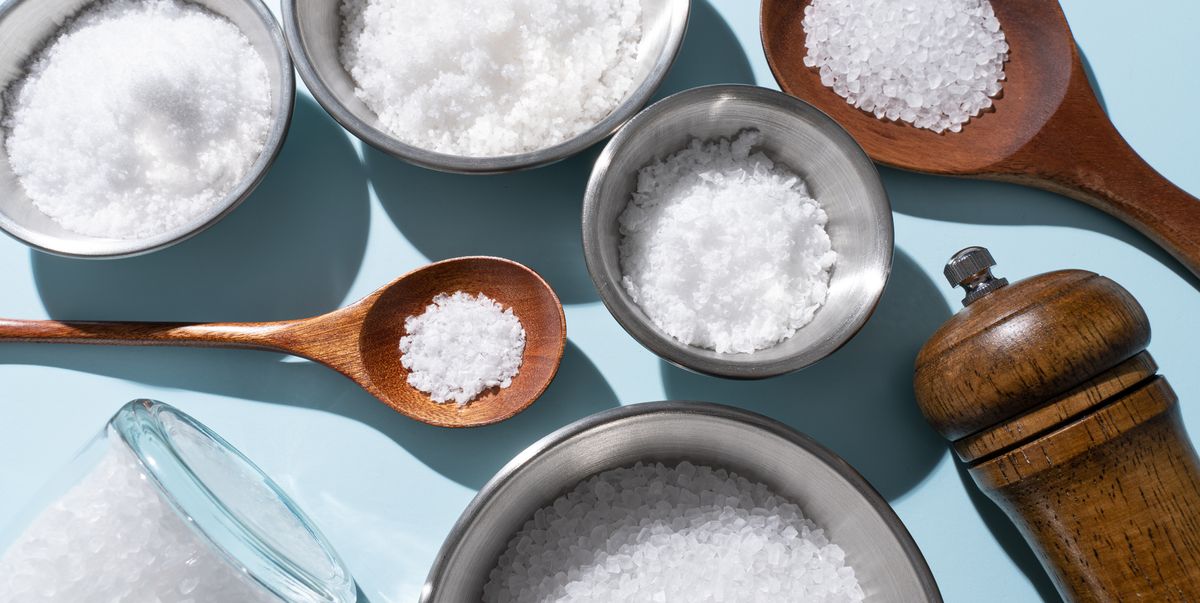An early death from cardiovascular disease or any other reason was associated with using a salt substitute when cooking, according to a new study that was published on Monday in the Annals of Internal Medicine journal.
“We are happy to be able to show that, when used long-term, up to 10 years, salt substitutions are effective for improving cardiovascular outcomes,” said Dr. Loai Albarqouni, senior author of the study and assistant professor at Bond University’s Institute for Evidence-Based Healthcare in Australia. “Earlier synthesis often concentrated on short-term results, typically lasting two weeks.”
This study included a systematic evaluation of 16 randomized controlled trials with a total of 35,251 patients who were at an average age of 64 and had a higher-than-average risk of cardiovascular disease. The trials were published before August 23, 2023. The majority of the trials took place in China; the remainder were held in the Netherlands, Norway, Taiwan, Peru, and the United Kingdom.
The authors “were surprised at how little salt substitution research has been conducted outside Asian countries,” Albarqouni added, noting that two-thirds of the data were from China. There is just insufficient data to confirm that salt alternatives would be equally beneficial in a Western setting, which is one of the reasons we have rated the evidence as “low to very low certainty” for populations in the West.
The authors discovered that replacing salt with other substances was likewise associated with a decrease in blood pressure and urine sodium levels, a result akin to that of blood pressure drugs. That might account for the decreased mortality risk, according to Albarqouni.

